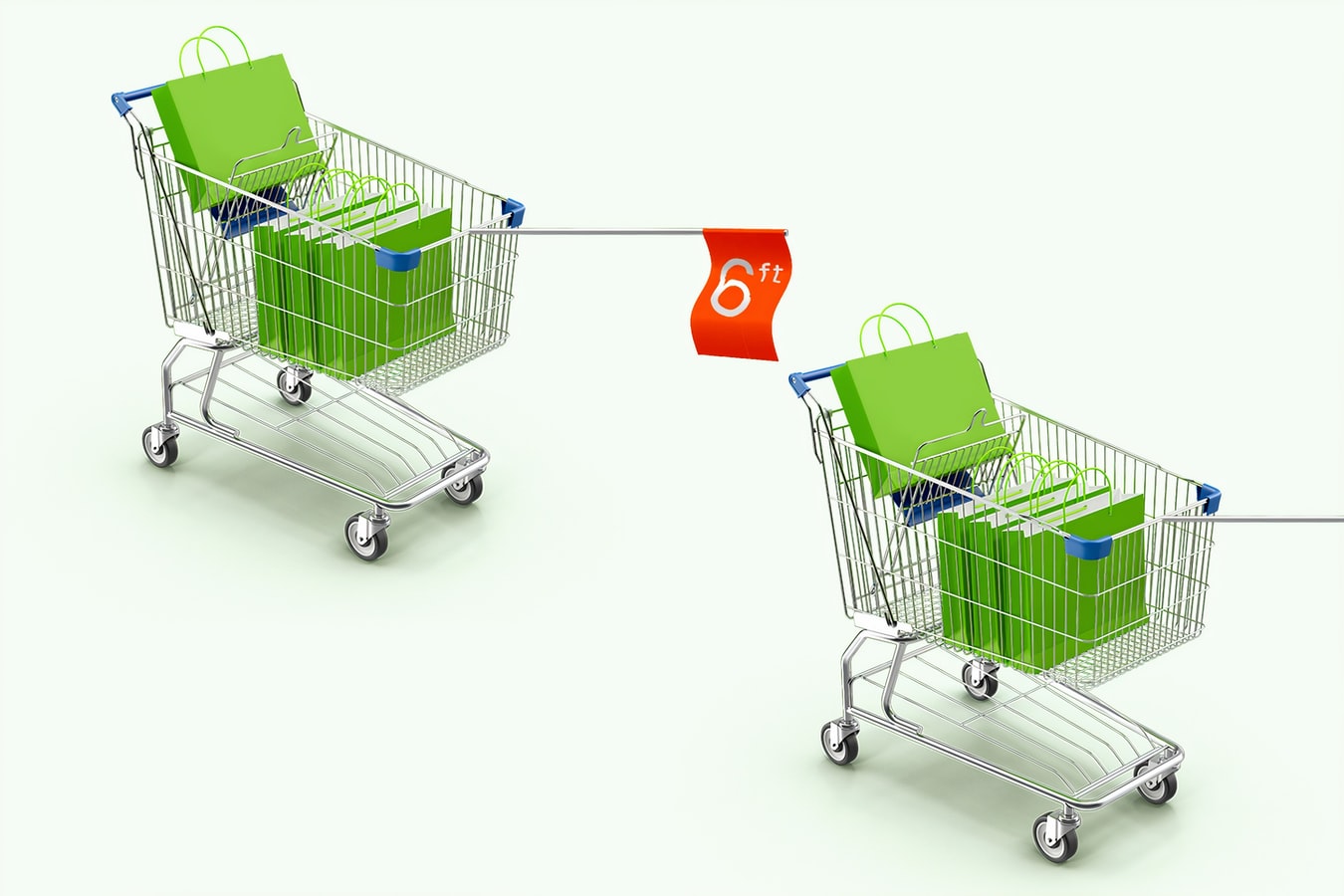
Credit: Morning Brew
Before the Corona Virus hit and lock stock and barrel shot retailers in the face, brick-and-mortar businesses were already struggling. Several national chains closed down stores in rapid succession like Radioshack, Sears and Blockbuster.
While Tesla is booming in business, retail establishments still face challenges.
Now that stay-at-home orders are in place everywhere, and at best you may have 50% capacity allowed at restaurants, retail businesses need to recalibrate their strategy.
The wait-and-see if things get better approach isn't going to do anyone any favors at this point. We are 5 months into the new now. Graduations canceled, weddings forestalled, schools everywhere moving to remote learning.
McKinsey reports that consumers are more likely to keep many of the habits developed on lock down even after everything returns to normal. (Fingers crossed this actually happens).
In the Struggle to Survive There is Hope
While this does present new challenges, it also presents new opportunities. The masks, social distancing and occupation limits are pushing many businesses who resisted building a digital presence into either going out of business or putting their storefront online.
The bright side of this, is that it is a catalyst for many companies who would have otherwise slowly faded to the background and quietly closed their doors.
With Amazon competing as the largest general store, eBay, and more taking business away from store fronts across the world - now these same businesses are back in the game so to speak.
Being forced to sink or swim right now has helped many companies finally get up to date with creating an online store, meaning they have more opportunities to attract business than if they just stayed analog.
Brand loyalty isn't just an optional strategy - increasing the quality of the customer experience is now super vital to get customers to come back for repeat business.
Offering consumers options for ordering and picking up at the store, and ensuring their websites are mobile friendly are only a few of the adaptations businesses have to go through to survive.
As much doom and gloom as you read in the media, I take this as a good sign because it's pushing some businesses who would have gone out of business in the next couple of years to adapt in new ways that ensure their survival.
There's a taco shop I love who never posted on Facebook before COVID struck and now I can see their specials on their Page, as well as updates to their (rather outdated) website.
Customers can get more info ahead of time on what's on the menu, increasing the chance of this restaurant being where they have lunch today.
It's just one of many examples of how the threat of COVID closures have upped the ante for companies that would otherwise not have tried to go digital.
I see many businesses developing their social media presence now that straight up left their Pages dusty before.
The result is I'm seeing more B2C social interactions, peer support, more accurate reviews, and recommendations, lots of multimedia content, more personalization and an opportunity to build in gamification to the customer journey.
What positive changes have you seen in businesses that are new to right now? Comment below!
. . .
Enjoyed this blog?
Signup here to get updates on new startup blogs.
Is Facebook not explaining why the disapproved an ad?
I worked at FB for years and offer FB Policy Consulting here
Available for freelance writing and guest posting on your blog: [email protected]






Leave a Reply
You must be logged in to post a comment.